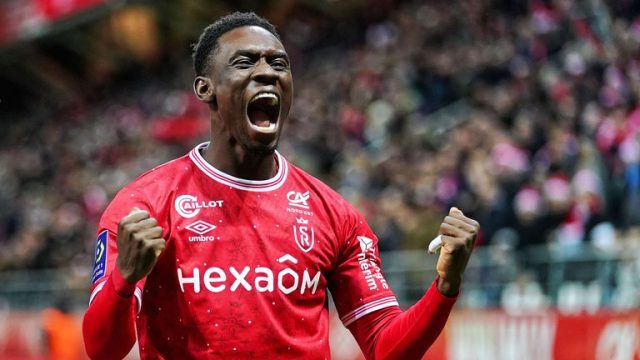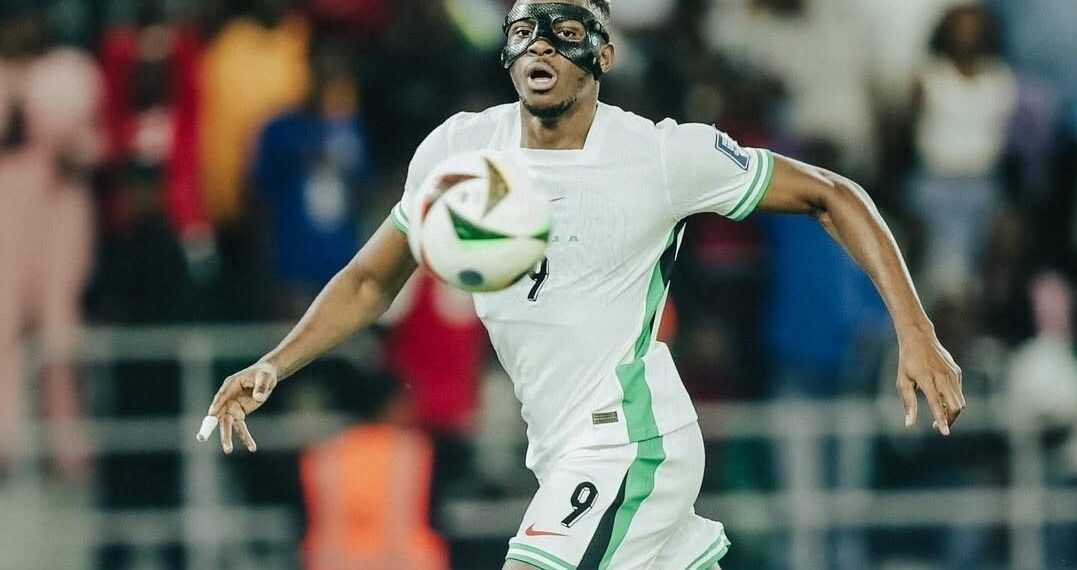Nigerian football fans are buzzing with anticipation as Head Coach Bankole Olowookere has officially unveiled the 21-player squad that will carry the nation’s hopes at the 2024 FIFA U-17 Women’s World Cup in Morocco. Among the talented athletes ready to represent the country are attacking midfielder Shakirat Moshood, goalkeeper Sylvia Echefu, defender Jumai Adebayo, and forward Queen Joseph—each handpicked for their exceptional skills and contributions at both the club and national level. For local fans and West African football lovers, this tournament offers another opportunity to rally behind Nigeria’s rising stars as they take on the world’s best youth teams.
Preparations Intensify in Casablanca
The Flamingos—Nigeria’s U-17 women’s team—recently landed in Casablanca, Morocco’s bustling commercial and industrial hub, marking the start of their final training camp ahead of the highly anticipated tournament. The competition is set from October 17 to November 8, and according to the Nigeria Football Federation (NFF), all logistical arrangements have been made to ensure the squad is fully prepared physically, mentally, and tactically. Experienced football analyst, Bola Ogunye, noted, “The level of talent and discipline in this group is impressive—they have a real chance to go far in the tournament if they remain focused.”
Coach Olowookere’s Big Ambitions
Coach Olowookere, who famously guided Nigeria to a historic bronze medal at the 2022 U-17 World Cup in India, is optimistic about surpassing the previous achievement. Reflecting on the journey, he stated during a recent media chat, “Our team has evolved; these players are hungry for more than just a podium finish. We believe this class can reach new heights for Nigeria.”
Assembling such a robust squad was no easy task. Key returnees and new faces are expected to blend youthful energy with experience, targeting a minimum objective of reaching the tournament’s late stages—if not claiming the coveted trophy itself.
Squad Depth: A Look at the Selected Players
Beyond the headline names, the roster boasts several standouts across all positions. Joining goalkeeper Sylvia Echefu is Elizabeth Boniface, who made a mark with Abia Angels, and Onyinyechi Opara from Imo Strikers—set to give Nigeria options between the sticks. The defensive line-up is anchored by Hannah Ibrahim of Remo Stars Ladies, Azeezat Oduntan from FC Robo, Christiana Sunday (Imo Strikers), Nofisat Tijani of Youthful Talent 99, and Fatimoh Shuaib of Nasarawa Amazons. Midfield integrity will be provided by Muinat Rotimi and Zainab Raji, while the forward line features the likes of Chisom Nwachukwu and Mariam Yahaya, each drawing acclaim in Nigeria’s domestic league.
Group Stage Battles: Facing Global Giants
Nigeria has been drawn in Group D, a competitive set pairing the Flamingos against Canada, perennial European power France, and Samoa. Their opening match against Canada is scheduled for Sunday, October 19—kickoff at 8:00 p.m. Nigerian time—at the Football Academy Mohammed VI in Sale. The clash with France follows just three days later at the same venue, presenting a formidable test of the team’s organization and temperament. Their final Group D encounter will be on October 25 against Samoa, starting at 5:00 p.m. Both the local and international football communities will be watching to see how Nigeria’s young talents handle the pressure.
Nigerian Reactions and Aspirations
The announcement has sparked lively debates in viewing centers across Lagos, Abuja, and beyond, with fans discussing the squad’s potential and tactical setup. Some, like former Super Falcons captain Maureen Madu, are voicing confident support. “These girls have the technical ability and determination. With the right mindset, they can be Africa’s surprise package,” she opined in an interview with local press.
- Fans point to the team’s solid defensive record during qualifiers as a positive sign.
- Others stress the need for composure and focus against experienced European sides.
- Calls for more grassroots football investment are resurfacing, citing the U-17 platform as proof of Nigeria’s football potential.
Comparisons: How the Flamingos Stack Up
While other African nations like Ghana and Cameroon have bowed out or are rebuilding at this level, Nigeria continues to assert itself as a dominant force in women’s youth football. According to records from the Confederation of African Football (CAF), Nigeria has qualified for nearly every FIFA U-17 Women’s World Cup since its inception, a testament to sustained development. “The rest of Africa is watching Nigeria’s progress closely,” added Yaw Mensah, a Ghanaian football correspondent. “A Nigerian win would be a boost for women’s sports across the continent.”
Obstacles and Opportunities
Despite the optimism, challenges remain—especially when facing highly resourced teams from North America and Europe. Nigerian teams have at times struggled to convert chances under pressure, and squad rotation under tournament strain can be a test for even the best-prepared sides. There remain calls from local football advocates for better infrastructure, improved pay for coaches, and increased exposure for young players to prepare them for global stages.
Local Impact and Future Prospects
Beyond the World Cup, many experts argue that the consistent presence of Nigeria at this level is shaping future Super Falcons stars and inspiring a new generation of girls to take up the sport. “This pathway is critical—not just for medals, but for the long-term health of women’s football in West Africa,” said sports administrator Bisi Williams.
As global interest in women’s football surges—with record attendance in the senior women’s World Cup and growing sponsorship—Nigeria’s performance in Morocco has the potential to enhance the country’s reputation on an international stage and open doors for more professional opportunities for African players abroad.
What Lies Ahead
With the squad now settled and preparations in high gear, Nigerian fans across the world are urged to lend their support by following the matches, sharing team news, and celebrating each goal along the way. As the team faces formidable opponents, attention will be on how well the blend of returning campaigners and promising talents measures up against the best.
The journey begins in Morocco, but its lasting impact could stretch much further—fueling dreams not only in Nigeria, but across West Africa. Do you think this generation of Flamingos has what it takes to make history for Nigeria and Africa at large? Share your views below and join the conversation as the tournament progresses!
For support or more news updates, you can also reach us at support@nowahalazone.com.
Stay connected with all the latest in Nigerian sports and more—follow us on Facebook, X (Twitter), and Instagram.
What do you think are the Flamingos’ chances at this year’s U-17 World Cup? Drop your comments, predictions, and let’s celebrate Nigerian football together!










